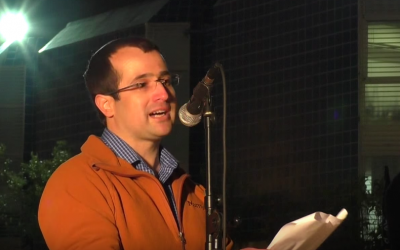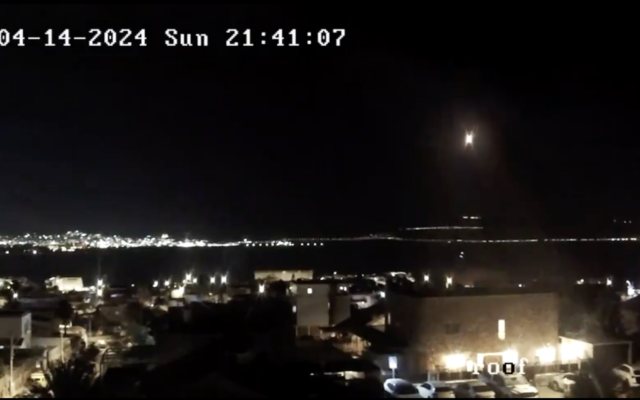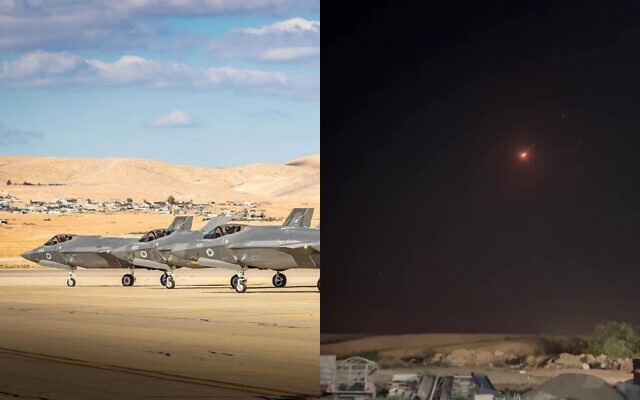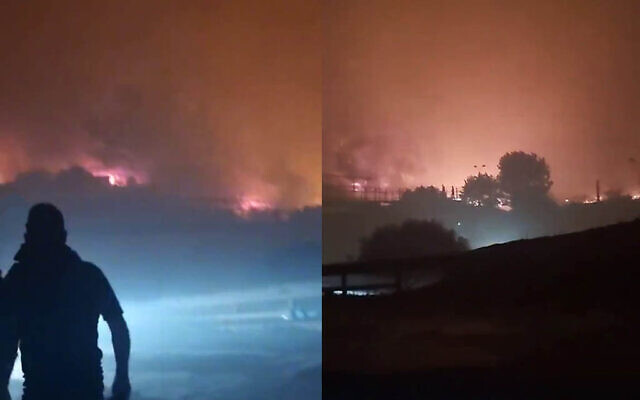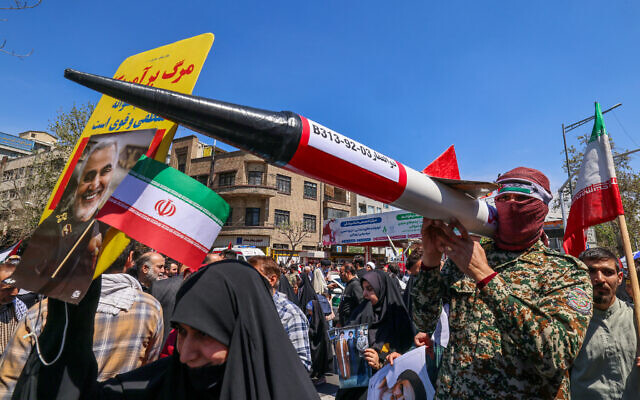Records of Israeli arms sales during Rwandan genocide to remain sealed
Supreme Court denies attorney’s petition to reveal defense exports to the African country, citing risk to national security, foreign relations
Judah Ari Gross is The Times of Israel's religions and Diaspora affairs correspondent.
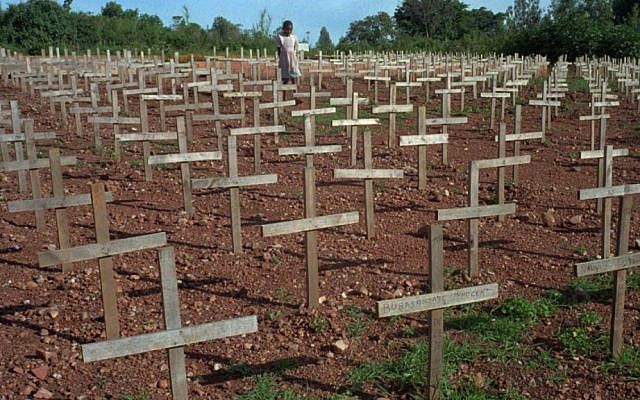
Records documenting Israel’s arms sales to Rwanda during the 1994 genocide there will remain sealed and concealed from the public, the Supreme Court decided this week.
Activist attorney Eitay Mack filed in 2014 a request with the Defense Ministry for the information on the defense exports to the African country. It was denied by a Tel Aviv court, and the case has moved up the appellate system in the ensuing year and a half, culminating in Monday’s decision.
Mack argued there was “a major public interest in having the information revealed, and that preventing its disclosure created a feeling that the respondents were preventing it due to extraneous considerations,” according to the court’s decision.
Supreme Court President Miriam Naor, Justice Neal Hendel and Justice Yitzchak Amit determined that despite the public’s right to know, there were pressing security and foreign relations concerns that prevented them from accepting the appeal.

The justices cited section nine of Israel’s Freedom of Information Act, which allows the government to withhold documents if “in the disclosure of the information there is a concern over harming national security, its foreign relations, the security of its public or the security or well-being of an individual.”
The state’s evidence and rationale behind keeping the information sealed was presented behind closed doors; however, it was based “only off of relevant considerations,” according to the court’s decision.
“In Israeli law, there is no legal right that is absolute, and even the right to information… is permitted to be passed over in light of other protected interests,” the justices ruled.
“However, this is not a blanket ruling,” they added. “It is possible that the strength of the public interest to have the information revealed will exceed the strength of the concerns over the interests listed in section nine.”
In a statement following the hearing, Mack called the decision “erroneous and immoral.”
“The State of Israel only loses from it,” he said.
Mack did, however, applaud the court for recognizing the 1994 Rwandan genocide, something the lower courts had refused to do.
Over the course of 100 days, an estimated 750,000 to one million Tutsis were brutally killed, largely with machetes and other simple weapons. The exact number of victims has been difficult to determine as no official records were kept of the massacre.
Some of the weapons used allegedly included Israeli-made 5.56-mm bullets, grenades and rifles. However, the official documentation of those sales, and their extent, will remain closed to public eyes in light of Monday’s decision.
In addition to the Rwanda case, Mack has filed a number of Freedom of Information Act requests over the years to reveal the details of Israel’s arms sales to countries that were in the midst of a genocide at the time of the transaction, including Bosnia, Chile, Uganda and Guatemala.
“I work to strengthen the public oversight on defense exports,” he told The Times of Israel last year.
Besides filing FOIA requests, Mack has also worked with Meretz MK Tamar Zandberg to prevent Israeli arms sales to South Sudan. With Mack’s help, Zandberg also proposed a law that would forbid defense exports to countries that commit “gross violations of human rights.”
That law failed to pass in the Knesset.


